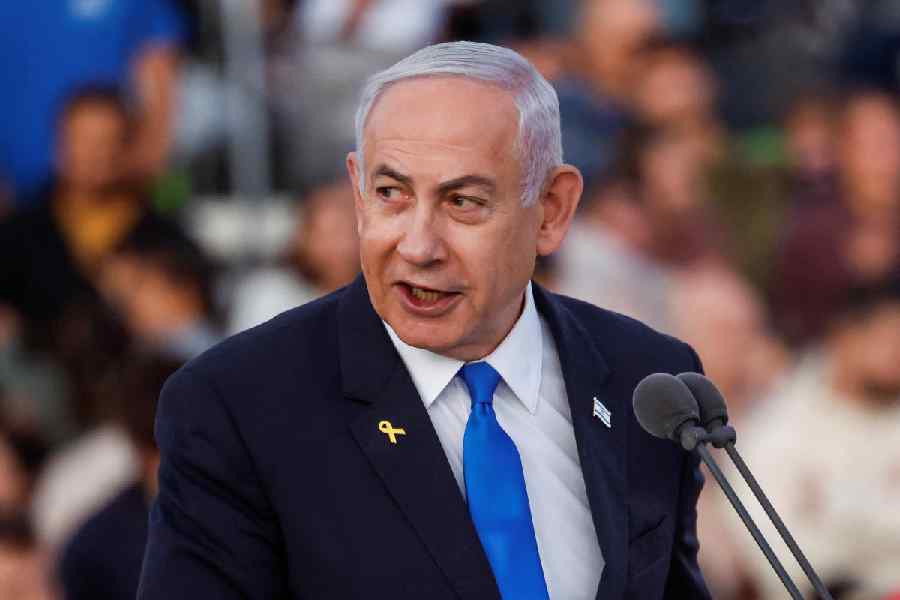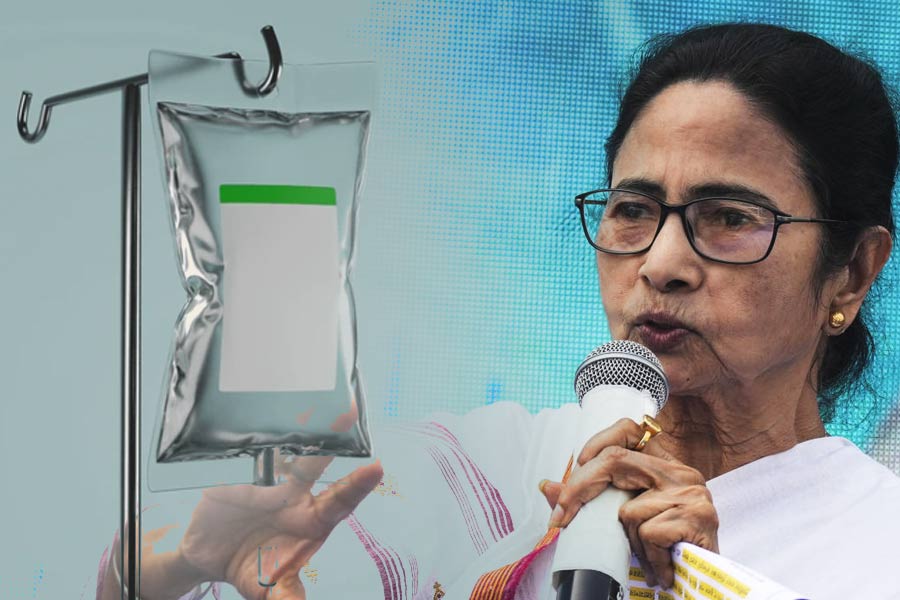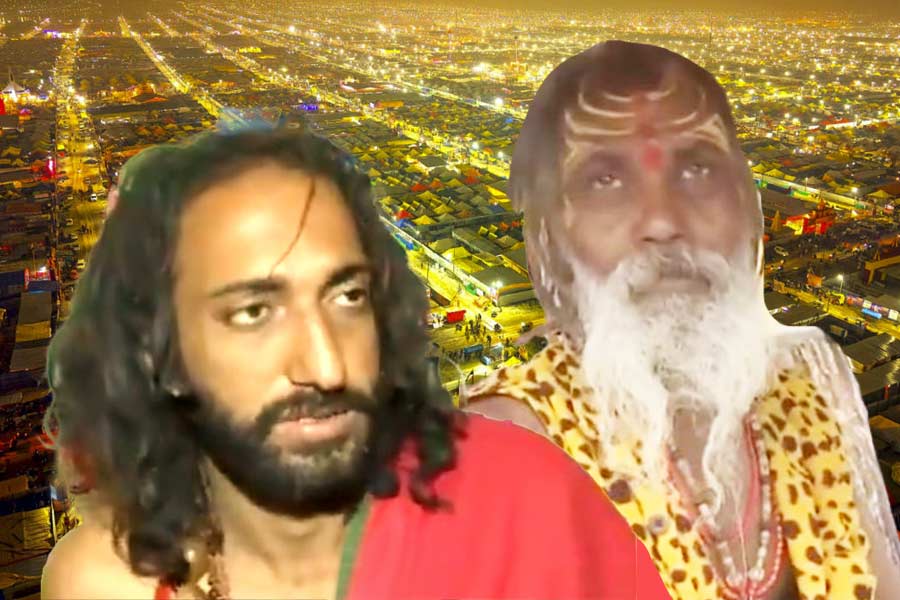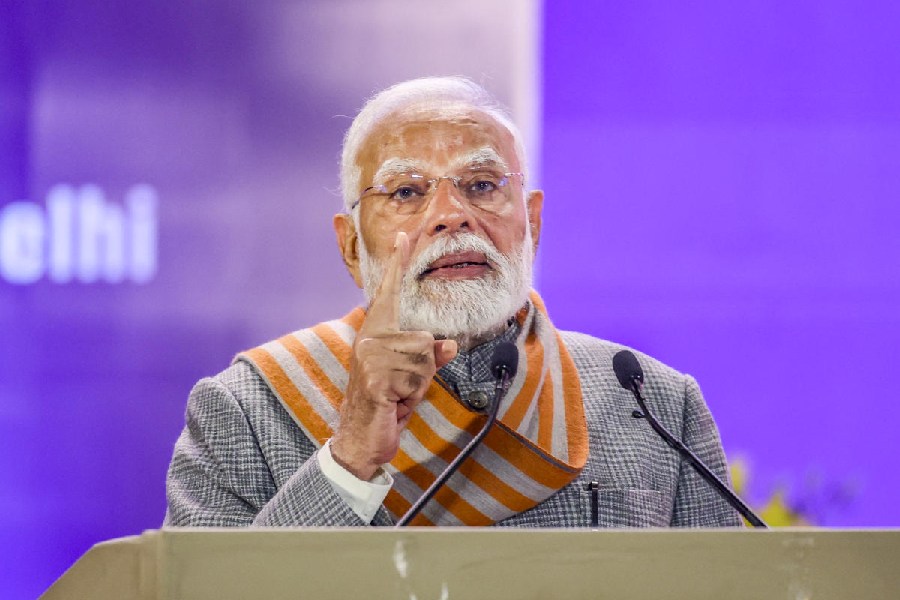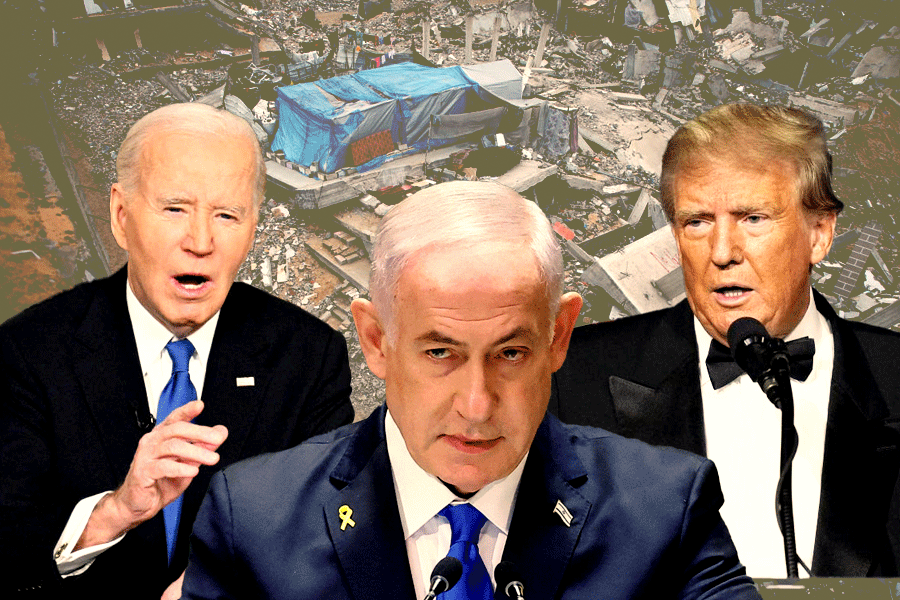For music director Nabarun Bose, scoring the music for the Zee5 web series Mafia has been “an exercise in understanding the darker depths of the human psyche and representing that through the soundscape”. “We decided to use unconventional sounds to create this very abstract atmosphere. Sounds which trigger discomfort. Like the opening track begins with the sound of a clock ticking and moves on to travel through thick clouds of ambient guitars, complemented by very unusually jarring sharp riffs before finally opening up to a climax, which is melancholic in a very twisted yet dreamy way,” he says. The Telegraph chats with Nabarun, who has also been playing the keyboard with Anupam Roy for nine years as a part of his band...
What was the idea behind using the guitars, beats, spoken words and piano for the Mafia title track, creating this heavy metal-electronic space?
The title track, as well as a few other themes which constitute the background score, have scattered words spoken in ASMR (autonomous sensory meridian response) style, sometimes with the sound of heavy breathing, moans and gasps, all of it coming together to create this very abstract sexual tension in the score, which reflects certain aspects of the story. The title track opens with the words ‘Open your eyes’ spoken in a hypnotic, sensual yet dead-cold voice and the sound of a ticking clock. This is actually a nod to the practice of hypnotism which is known to bring back lost memories. Psychology plays a very important role in the story, those who have seen it already know that.
What were you aiming for? Was it to underline or highlight moments, create a mood, inform a scene or heighten the emotional pulse of a scene?
While cinematography is the eye through which a story is viewed, sound design and foley creates the material reality of a film. Similarly, I believe that background music creates the psychological reality of a film. It’s there to translate those things that you cannot touch or see, but you can only feel. While scoring for Mafia, Birsada (Dasgupta; director) and I had decided that the music should not interfere with the realistic pace of the film, so it is crafted in a very creepy way so that it remains camouflaged with the natural sounds of the forests and the hills and sometimes comes forward to reflect the state of mind of the characters when necessary. The background score aims at subtly creating an atmosphere of discomfort, which gets more and more intense as the story gradually unfolds through eight episodes.
There’s a beautiful piano-driven piece mixed with a melodica, which starts off when Ananya’s (Ishaa Saha) birthday is celebrated by her friends in the first episode...
The story unfolds in layers, switching between past and present. The past shows their college days, when they were young, happy and completely in love with their lives, totally unaware of the impending doom. We consciously kept a stark difference in the soundscape, which surrounds their college days and the one that broods over their present. While the former is sweet on the ears with a warm vibe, the latter is rather harsh and intimidating. The sounds of the piano and electric guitars create this very youthful happy vibe and the melodica adds a touch of nostalgia in the themes which complement their happier days.
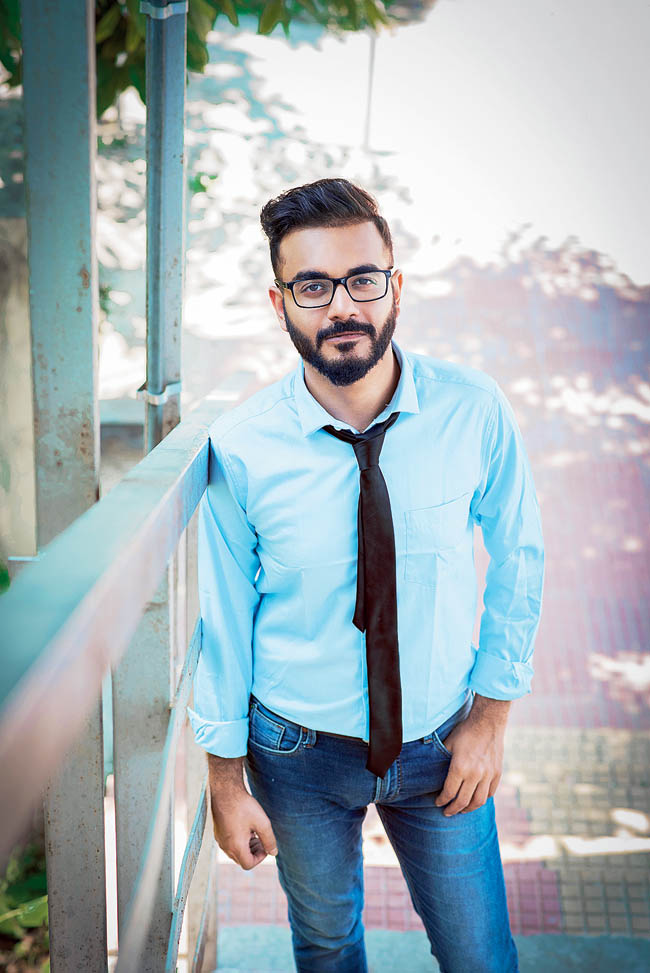
Nabarun Bose Sourced by the Telegraph
The background score in Namit Das’s episode (five) is very brooding, ominous, with the guitars creating a backdrop. Later the drums kick in. What was the idea behind this piece?
The fifth episode titled ‘Robinhood’ is the turning point in the series. It momentarily takes the audience away from the crisis at present and brings them face to face with the reality of Nitin Kumar’s (Namit Das) complex character. This episode is an origin story. So it had to be different from the rest of the series. The cyclical chord progression played on the guitars reflects the notion of moving in circles because that is the state of mind we see the character struggling with. As he moves forward towards making revelations, the music gets more dynamic with drums and heavier layers kicking in but the cyclical chord progression still remains the same.
The background score references various sub-genres of metal. Why?
Yes it’s mostly industrial metal and there’s a thrash metal piece towards the end too, which too is covered in thick layers of uncomfortable electronic sounds keeping it in line with the rest of the score. Metal represents an extreme form of expression, it’s like a burst of raw energy. As the series is angsty and there’s a lot of rage in the commentary that it makes, so I felt the metal genre would compliment that vibe.
The music gets playful when Nitin Kumar tries to talk to the group in the beginning of episode three. There is a strand of humour there. Did you use ukulele or a mandolin?
Aah yes, it’s mostly ukulele, mandolin and a bit of banjo. Traveller’s instruments you see. Since he appears to be a ‘musafir’ in that sequence I thought it would be fun to create a theme with instruments that one can carry while travelling.
Near the end of the series, there is a snippet of a song...
Yes, while scoring music for the climax I realised that the theme at that point needed some words, to create the impact that we were looking for. ‘So long my light, how bright you shine... so long’ these are words that came to me while watching the montage on that sequence and to create a follow up to those I wrote the words, ‘Whispers like echo, they sleep...’ and hence that little snippet of a song was created. The vocals and most of the voice-designing oriented sounds that you hear on the series has been tracked by Paloma Majumder and myself. So far most of the feedback that I have received is positive (about the music of Mafia).
As a music director, what’s your primary concern when you score for a series?
To blend in with the psychology of the story. I am heavily inspired by the background scores crafted by Satyajit Ray, how he used sounds and very subtle soundscapes to add a certain glow to the scenes.


